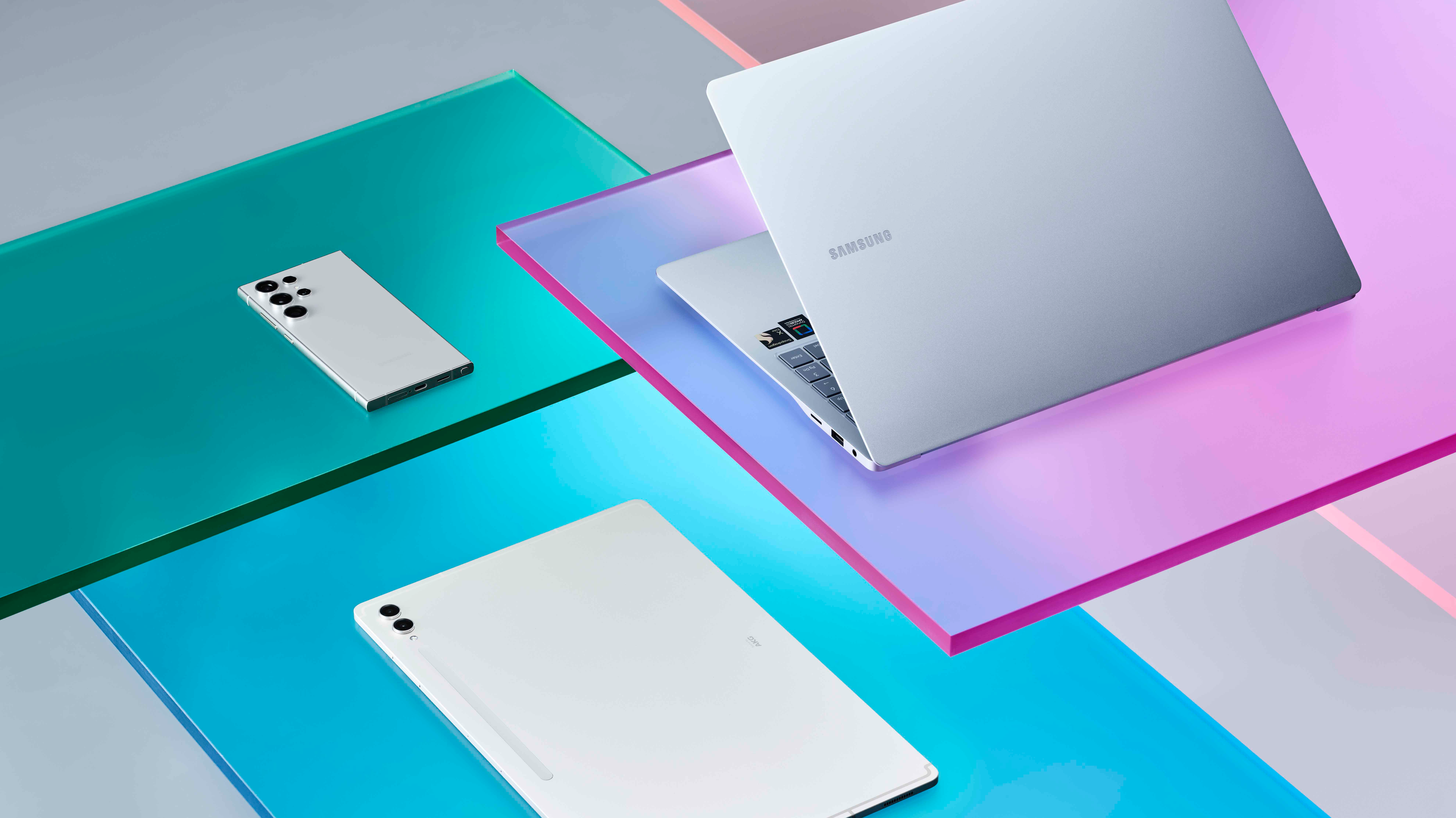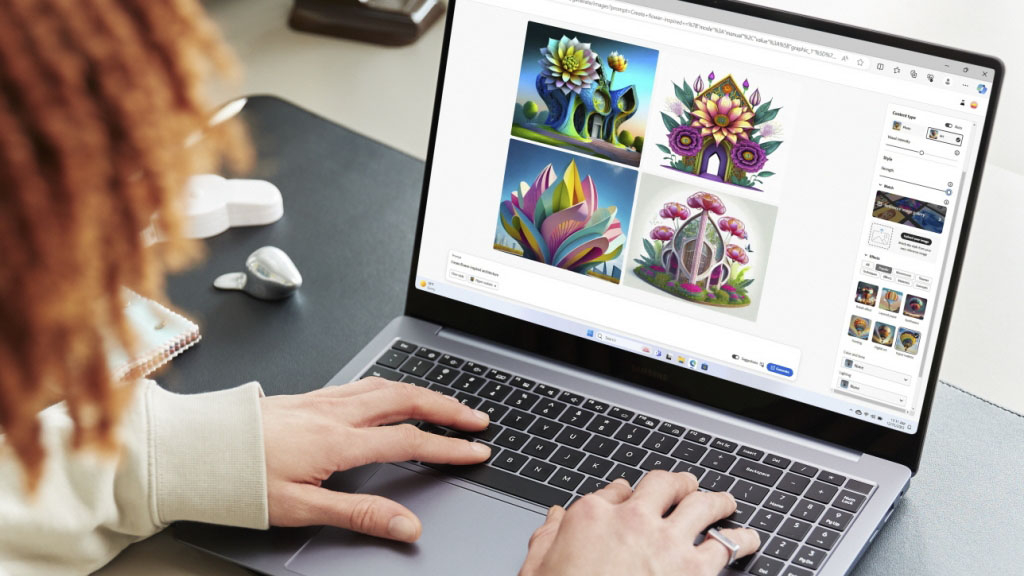
Samsung has always made some of the best smartphones, and recently it’s been putting out some of the best laptops you can currently buy as well, but one thing has always put me off its products: the amount of bloatware that comes pre-installed.
The company's attempts to get me to use apps like Samsung Internet Browser, Samsung Wallet and Samsung Notes, when there are perfectly good Android alternatives, was one of the reasons why, when it was time to trade in my otherwise well-loved Galaxy Note 9, I decided to switch to the Pixel 7 Pro. Pixel handsets come with the least amount of bloatware, because they're made by Google, the company behind Android and the likes of Chrome, Google Wallet, and Google Keep – all apps and services I actually use.
However, after my Pixel 7 Pro met with an untimely demise (basically, it was run over by a car), I went back to Samsung, buying the Galaxy S24 Ultra, chiefly because it's one of the best camera phones you can buy – but I was dreading a return of the bloat. However, I discovered that things have changed – and Samsung’s pushing of its own software is starting to make a lot more sense.

Oh, there’s still bloat
When I say things have changed, I don’t mean that Samsung has dropped the bloatware – it’s still there, and I had to spend more time than I would have liked either removing or changing a lot of the default apps and services before I even started using the phone.
What has changed, however, is that Samsung is making a better argument for how its various products can work together, and create an almost seamless ecosystem, which is something Apple excels at, but which other laptop and phone manufacturers have failed to do. It was something that became clear when I started using the new Samsung Galaxy Book4 Edge laptop alongside my S24 Ultra.
If you own a range of Apple products, then you might take for granted how well they work together – from seeing your iPhone’s messages (and soon, its screen) on your Mac, to turning an iPad into a second display for your MacBook by simply placing the two devices close together.
Apple’s ecosystem might seem restrictive at first (there’s no chance that I’d buy an Apple Watch, no matter if it’s the best smartwatch out there for my needs, as it doesn’t work without an iPhone), but that tight control over its hardware and software means that if you go all-in on Apple’s devices, you’re going to get a seamless and user-friendly experience that Apple’s rivals have struggled to replicate.
The main reason for Apple’s success is because it not only builds all of its devices, such as iPhones, iPads, and Macs, but also makes the software that runs on those devices, which makes things a lot smoother when you want to create an ecosystem of integrated products.
Samsung, like pretty much all PC makers, doesn’t have that luxury. Its hardware is put together by a broader range of manufacturers, its phones and tablets run on Android, an operating system made by Google, and its laptops run on Windows 11, made by Microsoft.
While Windows 11 is increasingly playing better with Android devices, mainly thanks to the excellent Phone Link app that allows you to access messages, photos and even apps from your phone within Windows 11, it still doesn’t offer the smooth experience you get when using a Mac and iPhone.
Samsung’s answer to this is to offer its own apps for most regular tasks (calendar, notes, messages, and so on), with Windows 11 and Android versions. It’s not the most elegant solution – it means you have to use the Samsung apps and keep them installed on your devices, and you also need to have a Samsung account.
Once I was signed in on both the Samsung Galaxy Book4 Edge and my Galaxy 24 Ultra, I began having a play with ecosystem. QuickShare is Samsung’s take on AirDrop, allowing you to quickly send and receive files between the Galaxy Book and Galaxy phone, and it's something that has proved to be very useful, as I’m often having to email myself documents from my phone to open on my PC.

Another cool feature is the ability to use the Samsung Galaxy S24 Ultra as a webcam for the Galaxy Book4 Edge. Thanks to the excellent cameras on the S24 Ultra, you can dramatically increase the image quality of your video calls compared to the built-in webcam of the Galaxy Book. Again, this is similar to a feature in macOS that allows you to use your iPhone as a webcam, and while there are existing methods for using a smartphone as a webcam in Windows 11, this is the first time I’ve seen it implemented in such a simple and user-friendly way.
With my S24 linked to the Galaxy Book4 Edge, I could also use the laptop’s keyboard and trackpad to control the phone, but perhaps the best feature I’ve tried so far is using a Galaxy Tab tablet as a second screen for the Galaxy Book4 Edge. This is an excellent and genuinely useful feature – I use Apple’s Sidecar feature, which enables me to use my iPad as a second display for my MacBook, a lot, and I’m really pleased to see a similar feature for Windows 11 and Android. While the implementation isn't quite as seamless to as Sidecar (which detects when a MacBook and iPad with the same Apple ID are near each other and prompts you to extend your screen), it’s relatively easy to set up, and works well.
Of course, you need Samsung devices and apps installed, but what Samsung is offering is the closest thing I’ve seen to a cohesive ecosystem of devices and software that can match Apple's. It means Windows 11 users with Android phones no longer have to regard Apple users with quite so much envy.
It’s good for Samsung as well, naturally, as it means that if you have a Samsung smartphone and are looking for a new laptop, a Samsung Galaxy Book is a compelling option. Case in point: I needed some new wireless earbuds, and the ability to quickly switch audio from my Galaxy S24 Ultra to the Galaxy Book4 Edge has made me put money down for the Galaxy Buds 3 Pro.
It turns out that if you put in some effort to offer customers convenient and easy-to-use features, you can reap the rewards – and if manufacturers are going to preinstall apps on our devices, they need to give us a reason to use them. It’s a lesson that Samsung seems to have learned from Apple – and I’m hoping that other laptop makers will now learn from Samsung.







